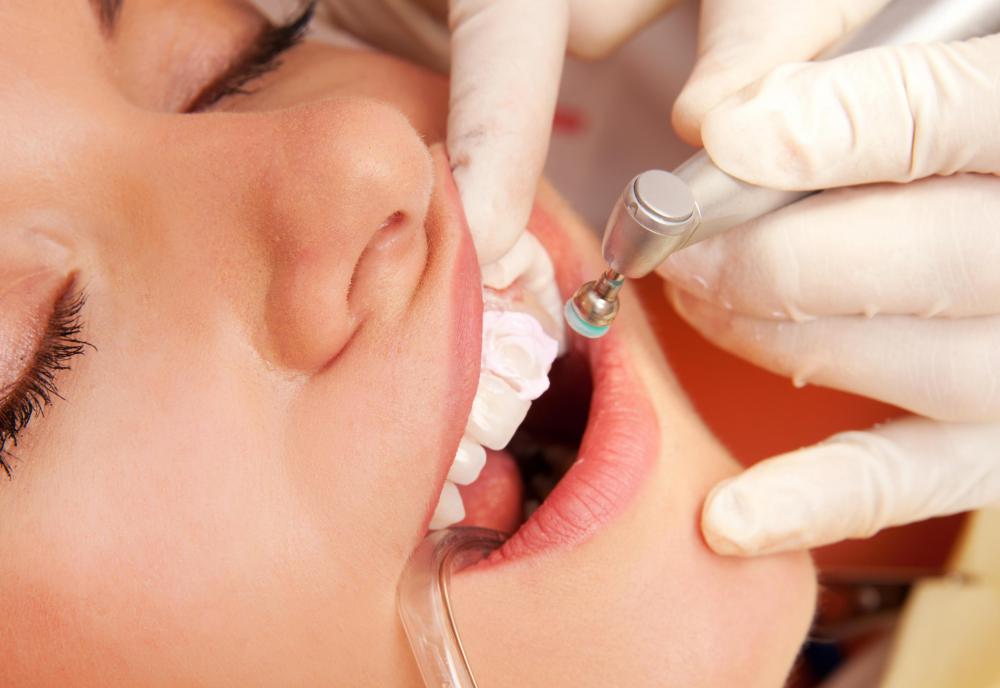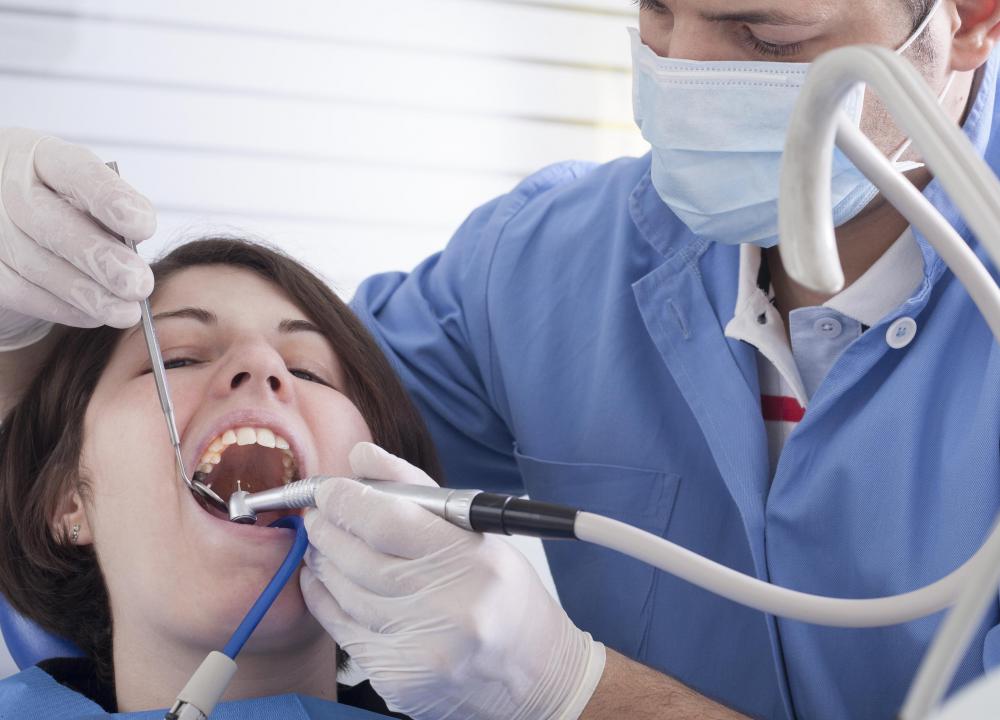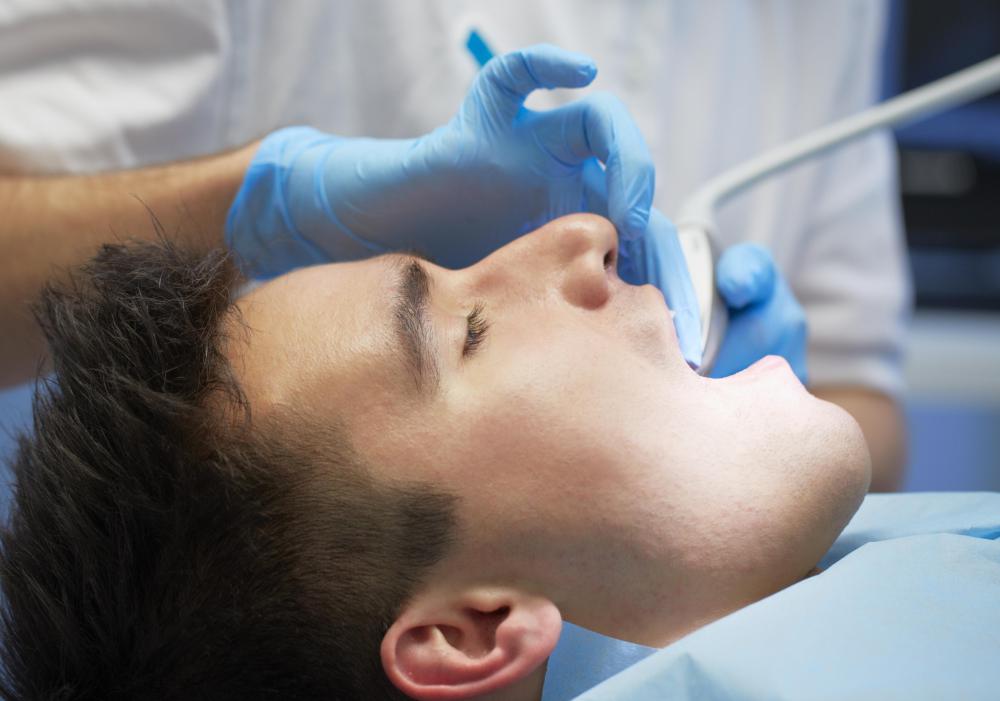At TheHealthBoard, we're committed to delivering accurate, trustworthy information. Our expert-authored content is rigorously fact-checked and sourced from credible authorities. Discover how we uphold the highest standards in providing you with reliable knowledge.
What Is the Periapical Cyst?
Sixty-five percent of all tooth-related cysts are periapical cysts. Also called radicular cysts, periapical cysts are typically painless unless they become infected. Most periapical cysts affect non-vital, pulpless teeth. Tooth extraction is the recommended treatment for such cysts.
Periapical cysts most commonly appear in adults between the ages of 40 and 60 years, though they can appear at any age after teeth are present. Slightly more men than women develop cysts, and they occur more often in the white population than the black population. Some patients show a propensity for developing periapical cysts and may develop several over the course of a lifetime.

A number of teeth can become involved if the cyst is large enough. When more than one tooth is affected, it is not uncommon for the teeth to become loose and mobile. A tooth with a periapical cyst will have connective tissue attaching the cyst to the tooth.
The cause of a periapical cyst is tooth destruction, either through a cavity or injury. As the cyst grows, it will appear on an x-ray as a dark spot near the root of the tooth. The cyst may be discovered during a routine dental exam, or may cause the patient pain, prompting a visit to the dentist.
An infection is easily diagnosed by tapping on the affected tooth. If infected, a shooting pain will be felt by the patient. Treatment for a periapical cyst infection usually includes a course of antibiotics.

Once the infection is under control, a tooth extraction is scheduled. Extraction is the recommended treatment for a periapical cyst, though extraction does not guarantee the cyst will be forever eliminated. The cyst can grow back even if the tooth has been removed.
An alternative treatment to tooth extraction is a root canal. This procedure saves the tooth, though it will require a crown. The cyst may persist after the root canal is completed.

Approximately 52 percent of cystic jaw lesions are caused by periapical cysts. In addition, some cyst canals lead to the sinus cavities. The cyst may fill with a brownish discharge caused by infection and blood. Rarely, a periapical cyst may cause a jaw fracture.
AS FEATURED ON:
AS FEATURED ON:


















Discuss this Article
Post your comments